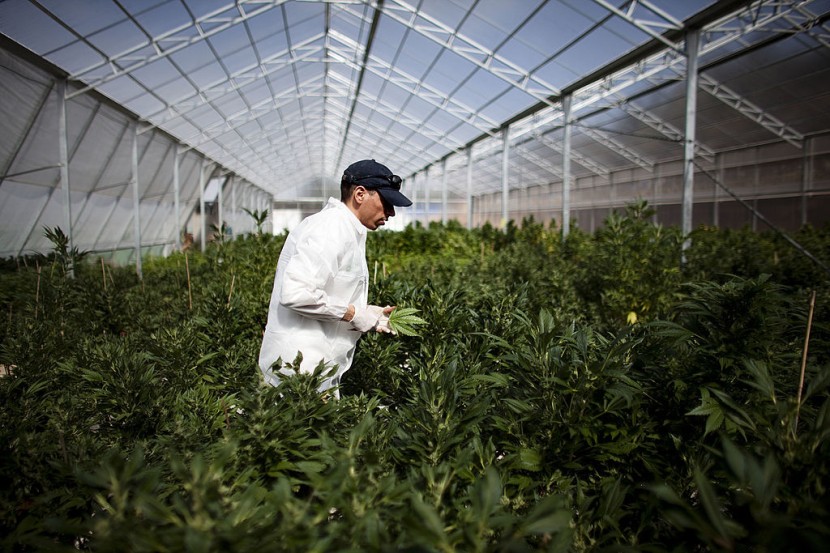
Since becoming the first Asian country to legalize cannabis a year ago, hundreds of pot stores have emerged throughout the country. This now prompts Thailand's new prime minister to pledge to limit its usage for medicinal reasons only.
Rectifying the Cannabis Laws
During an interview with Bloomberg Television's Haslinda Amin on Wednesday, September 20, in New York, PM Srettha Thavisin claimed that the government plans to rectify the cannabis policy. Within six months, it aims to control the proliferation of shops that openly sell the substance.
"The law will need to be rewritten. It needs to be rectified. We can have that regulated for medical use only," Srettha stated. He went on to say that there must be zero tolerance for recreational usage.
According to the South China Morning Post, the administration of Srettha has pledged to "eradicate" drugs from Thai society, with the prime minister promising to decisively minimize drug use within a year. This week, the prime minister presided over an event to destroy narcotics that had been recovered by officials.
Srettha said that the 11-party coalition he leads was in agreement on the need to limit cannabis consumption, but it is unclear how his government would implement these changes.
In the run-up to the May election, Srettha's Pheu Thai Party advocated for a strict anti-drug campaign and pledged to reverse the historic move that legalizes cannabis. Bhumjaithai Party, chaired by Anutin Charnvirakul, has pledged to propose a cannabis bill in parliament, which wants stricter surveillance of this industry but opposes designating the plant as a narcotic again.
Since marijuana was declassified as a controlled substance, there has been a regulatory vacuum that has allowed approximately 6,000 dispensaries to open throughout the nation. They provide a broad range of cannabis products, from buds to oil extracts containing as little as 0.2% tetrahydrocannabinol (THC), the psychoactive chemical responsible for the "high" sensation.
The Cannabis Industry
Even while cannabis smoking for pleasure is not illegal at this time, doing so in a public place is. Creating offensive odors in public places, selling to minors or pregnant women, and utilizing commercial advertising are all prohibited.
After registering with the Thai Food and Drug Administration, Thai farmers may legally cultivate cannabis. Local dispensary operators have also voiced concern about the effects of unchecked imports on their industry.
The reimposition of regulations did not faze the cannabis market in the least.
According to Poonwarit Wangpatravanich, head of the Phuket Cannabis Association, the barrier between medicinal and recreational cannabis usage has already been blurred. He added that a prohibition might hurt the government's popularity since it would force the closure of dispensaries that have sprung up all across the nation and would hurt the economy.
Instead of regulating the sector, reclassifying cannabis as a narcotic might drive recreational usage underground, where even less oversight exists, according to Highland Network's founder, Rattapon Sanrak.








